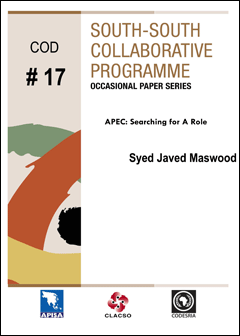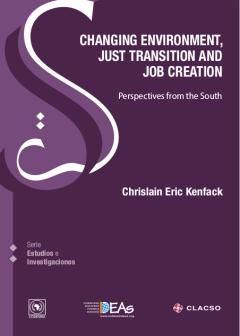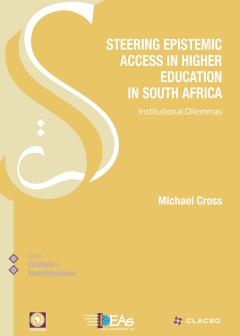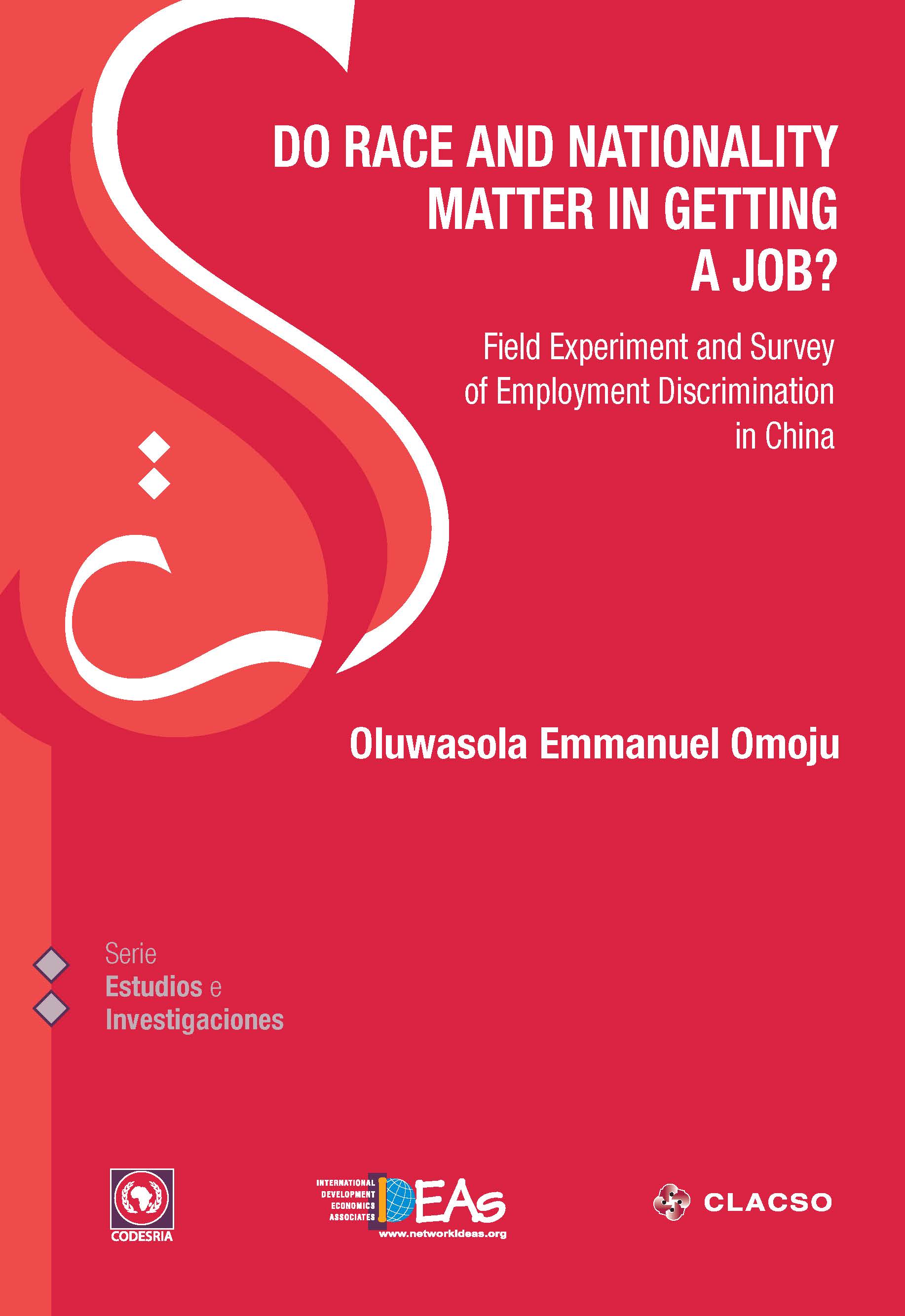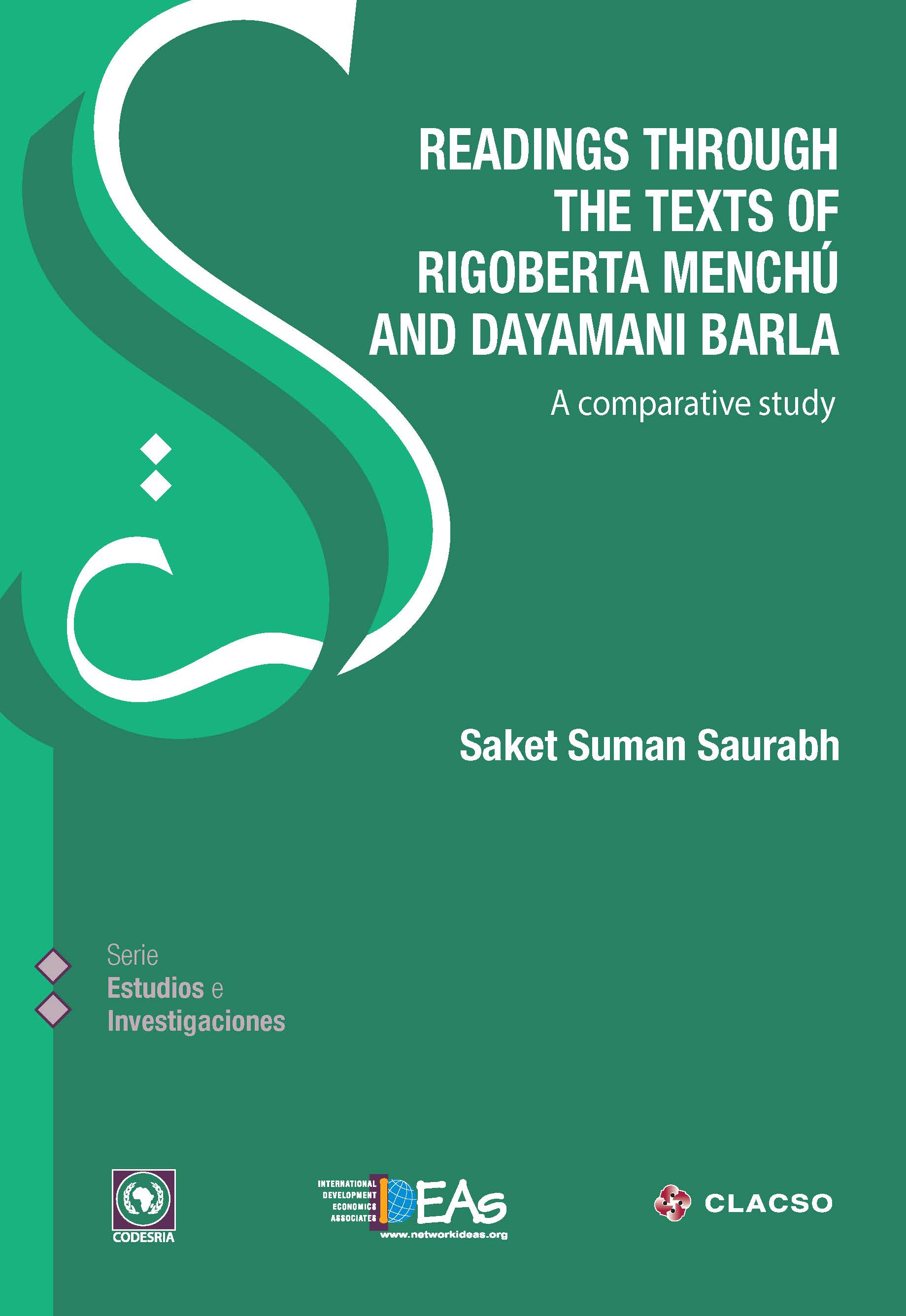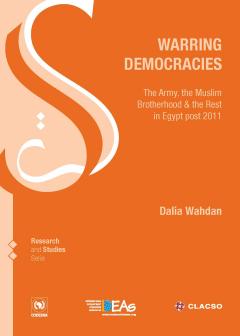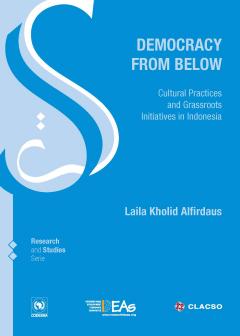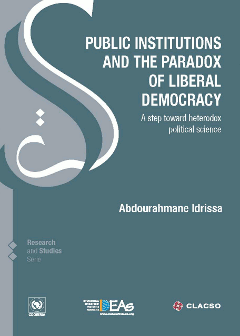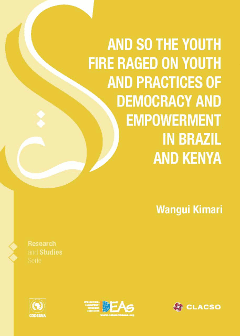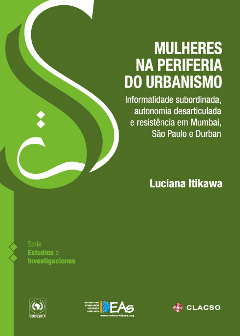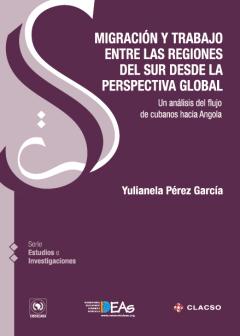- Sur-Sur.
Occasional Paper Series COD #17
APEC: Searching for a Role
Compartir:
Regionalism and bilateral free trade agreements have become noticeably prominent since the collapse of the Cancun ministerial meeting of the World Trade Organization in 2003 and the subsequent suspension of Doha Round negotiations in 2006. The number of bilateral and regional trade agreements reported to the GATT/WTO has increased from 20 in 1990 to 86 in 2000 and to 159 in 2007. Most have been agreements between pairs or groups of either developed or developing countries but an increasing number of free trade agreements have been between developed and developing countries. All major economies have negotiated a number of bilateral trade agreements and, not surprisingly, the trends is being replicated also in the Asia Pacific region as China and Japan embrace the idea of linking the regional economies in a series of hub and spokes bilateral deals. This development sits at odds with the stated objectives of the Asia Pacific Economic Cooperation (APEC) to promote regional integration and free trade. Increasingly, APEC looks like an entity that is adrift without purpose and direction and, yet, APEC member economies have also invested considerably in the APEC process for them to allow it to be completely overwhelmed by the focus on bilateralism. APEC is able to draw together world leaders to an annual summit and this in itself provides a wonderful opportunity to initiate dialogue and develop joint policy initiatives. If there is any deficiency it is in the lack of a sense of identity and purpose and if APEC is to have long term viability it will have to address that basic weakness. (...)
Detalle
- Editorial/es:CLACSO. CODESRIA. APISA.
- Ciudad de edición:Buenos Aires.
- Fecha de publicación:Enero de 2008

